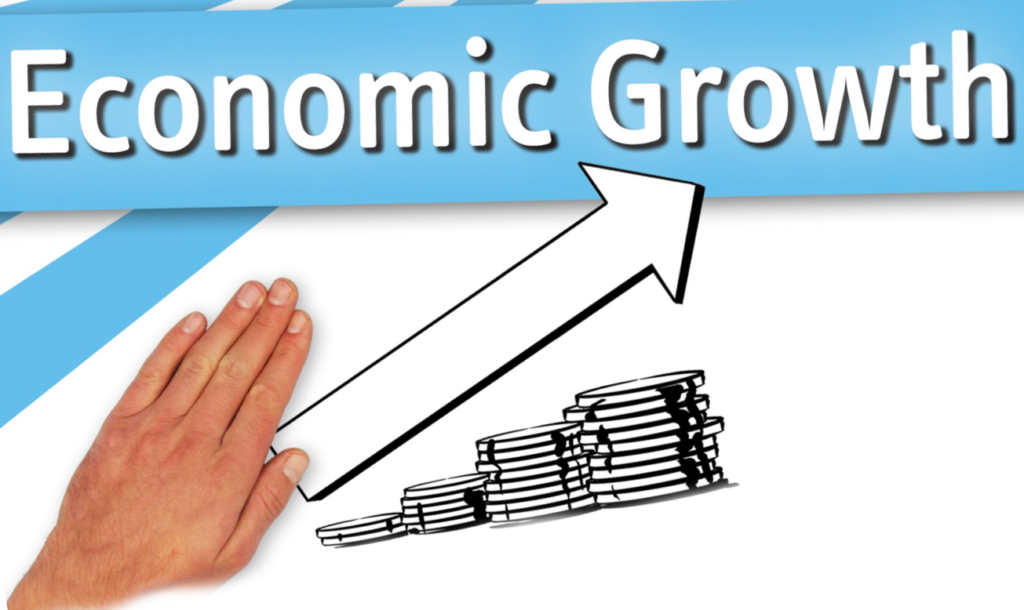Anyone watching CNBC would think that increasing economic growth is some panacea for the poor and middle-class. That is complete hogwash and here is why.
Economic growth without robust redistribution does more to increase income inequality than just about anything else. The simple reason is math. If the poor make $1000 a month and the wealthy make $100,000 per month and growth is spread equally, the rich get much more prosperous with just a marginal increase for the poor and middle-class. A four percent growth spread evenly gives the less fortunate person $40 while the wealthy get $4,000 — so much for equity.
The reality is that it is worse than that. Why? The wealthy’s income and assets grow at a higher percentage in general than the less affluent. That is an unsustainable model which ends in a financial catastrophe that ultimately will evolve into social disruptions.
I will write more extensively on this in more detail in subsequent posts. But an article by David Korten titled “When Economic Growth Indicates Failure,” had me jumping for joy because he is one of the few willing to destroy the myth,
The overall distribution and trends are alarming. Only 9 percent of total global income in 2016 went to those who need it most—the poorest 50 percent of the world’s population, composed of 3.8 billion people. Their share of the total growth in income was just half the increase enjoyed by the richest 1 percent. And among the 1 percent, half of their total increase was concentrated in the richest tenth of that elite tier.
In other words, the more you had, the more you got. Between 1980 and 2016, the global average rate of individual income growth was 60 percent. But that average includes the fact that the richest 10 percent of the world’s people gleaned an average 70 percent increase, and the top 1 percent saw their income grow by an average of 101 percent. …
Comparing average increases in income obscures the implications of these numbers for inequality. If you are among the poorest of the poor living on an income of a dollar a day, a 60 percent increase gets you an extra 60 cents a day, but a hedge fund CEO with an annual pay, including bonuses of $100 million, would get an extra $60 million per year. If everyone got the same percentage increase each year (and they do not), inequality’s ills only grow. Given current income gaps and the actual rates of salary increases, which skew toward the richest of the rich, inequality is growing at a blinding rate.
As long as GDP grows faster than population, total income also rises. In a pure market economy, if production rises, it is only in response to the demand of those who get the extra income. Without action by government, there will be no response to the needs for food, housing, medical care, transportation, and other needs of those whose incomes languish. Contrary to popular belief, without strong and effective government intervention to assure an equitable distribution of income and wealth, growing GDP will only exacerbate the ravages of poverty.
Using GDP growth as society’s defining economic goal must rank among the stupidest policy choices human societies have ever made.
It is time that we change the narrative. Americans take too much about our economy at face value. Few realize that misleading and lying to Americans is the only option the titans of finance have to keep a failing system alive longer as it continues pilfering most.

